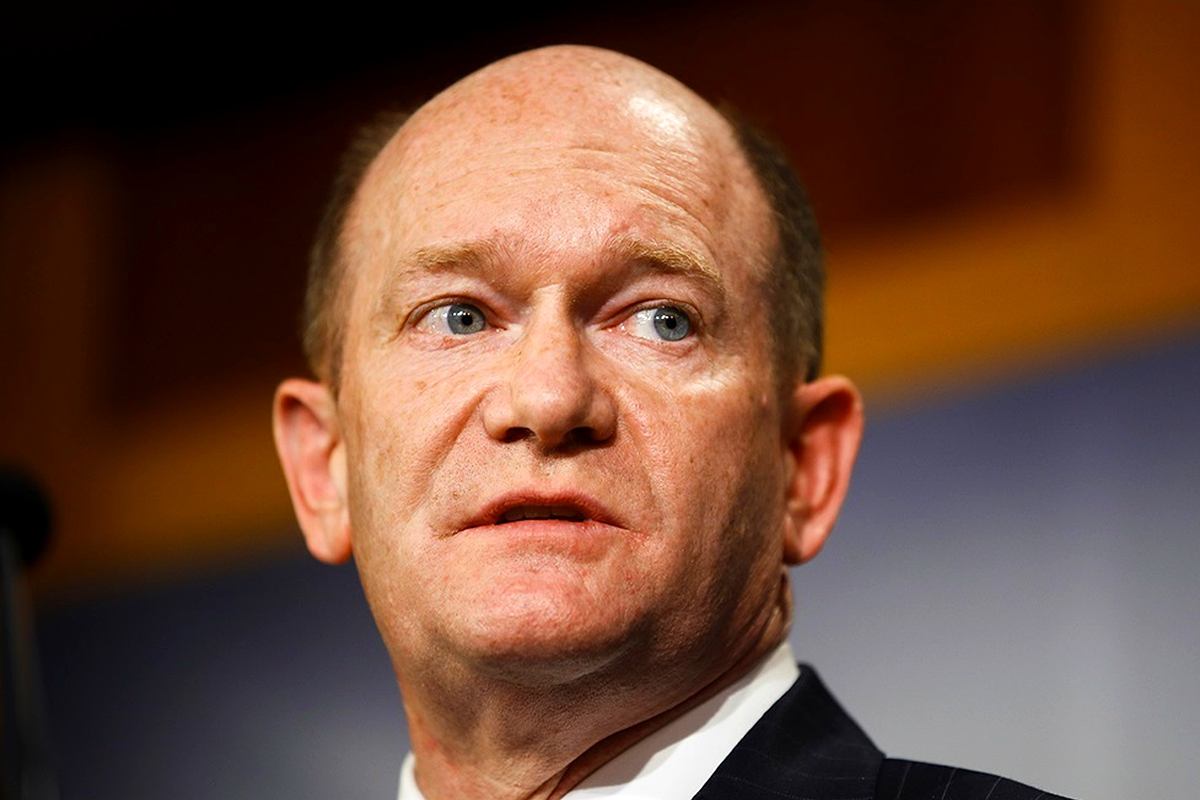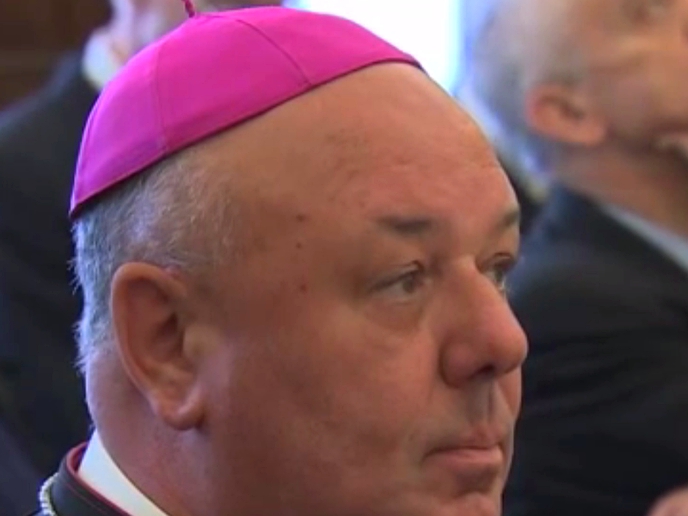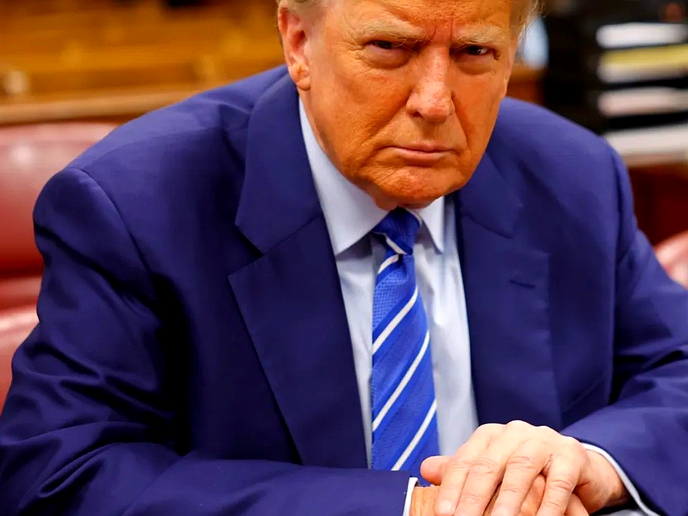POWERFUL US Democratic Party Senator, Chris Coons is circulating a discussion draft of a Bill to renew the African Growth and Opportunity Act (Agoa) for 16 years that would also require an immediate “out-of-cycle” review of South Africa’s eligibility for Agoa.
world
Nov. 7, 2023
DAILY MAVERICK
4 min read
US Senator questions SA’s Agoa eligibility

US Senator, Chris Coons
Story highlights
That could lead to South Africa being removed next year from the programme, which has provided considerable benefits to SA exporters to the US of cars, fruits and wine, in particular.
Coons released the draft Bill on Monday, after the annual AGOA Forum was held in Johannesburg last week.
Much of the discussion focused on whether to renew Agoa when it expires in 2025, for how long and whether to change its terms.
Agoa grants duty-free access to the lucrative US markets for most exports from eligible sub-Saharan countries.
South Africa has been the biggest beneficiary of Agoa, but recently influential members of Congress, including Coons and Republican Senator Jim Risch, questioned SA’s eligibility because its warm ties with Russia were deemed to threaten US national security and foreign policy interests, violating an Agoa condition.
Last week, the Biden administration released the list of countries it is removing from Agoa next year because of military coups (Gabon and Niger) or human rights violations (Uganda and the Central African Republic). But South Africa remained on the list, despite the congressional misgivings.
Risch, the top Republican on the Senate Foreign Relations Committee, responded by writing to US Secretary of State Antony Blinken rebuking the administration for allowing SA to host the Agoa Forum and for keeping it on the list of Agoa beneficiaries.
He said SA should be removed, not only because of its closeness to Russia, but also more recently because of its relations with Hamas and its chief sponsor, Iran.
He cited in particular SA’s International Relations and Cooperation Minister, Naledi Pandor’s call to Hamas leader, Ismail Haniyeh shortly after Hamas’ attack on Israel on 7 October as well as her recent visit to Iran to meet her counterpart and President Ebrahim Raisi.
Pandor’s office told Daily Maverick that Pandor had visited Iran in part to arrange for Raisi’s upcoming visit to South Africa.
Risch said in his statement on Thursday that Raisi had been scheduled to visit SA last Tuesday, but that Pretoria had aborted the visit because of the bad impression it might have made on the US on the eve of the Agoa Forum.
Risch said because of the administration’s failure to take action against South Africa, Congress would have to take “course-corrective action”. That now seems to be what Coons is contemplating, perhaps rather unexpectedly as he had been considered a good friend of South Africa.
“Out-of-cycle” reviews are done when special circumstances arise in between the normal annual reviews of all Agoa beneficiaries.
Coons said his draft “Agoa Renewal Act of 2023” would extend Agoa for 16 years — instead of just 10 years, as in the last extension in 2015.
“This long-term extension would provide businesses with the predictability needed to invest in sub-Saharan Africa at a time when many firms are looking to diversify their supply chains and reduce dependence on China,” Coons said.
“Increased investment by US businesses in sub-Saharan Africa supports regional economic growth and development and strengthens the United States’ position on the continent.”
To help integrate Agoa with the African Continental Free Trade Agreement (AfCFTA) which is slowly coming on stream, Coons’ Bill would modify Agoa’s rules of origin to allow inputs from North African AfCFTA members to count toward the requirement that 35% of a product’s value must originate in the region.
Enjoy our daily newsletter from today
Access exclusive newsletters, along with previews of new media releases.
“This change would help Agoa reinforce the AfCFTA’s promise to develop intra-African supply chains,” he said. However, to participate in the expanded rules of origin, “North African countries would be required to meet Agoa’s eligibility requirements related to governance, human rights and foreign policy.”
Coons’ draft Bill addresses many of the concerns raised at the Agoa Forum. The US deputy assistant secretary of state for Africa, Joy Basu, told Daily Maverick that the Agoa Forum had discussed how to integrate the AfCFTA more and how to include North African countries in Agoa.
She said President Cyril Ramaophsa had told the forum about the importance of strengthening regional supply chains.
“We really want to see those strengthen for multiple reasons,” Basu said. “We really believe that strong regional supply chains and harmonised tariffs, harmonised borders will help American companies. But also it will definitely help South African companies and African companies. And it will raise local prosperity and incomes.”
Basu said the forum had also discussed changing Agoa’s rules of origin to boost the utilisation of the programme, which had not been widely exploited.
The draft Bill by Coons also addresses what has become known as the Mauritius Clause in Agoa. Under the current Agoa law, nations lose their eligibility for Agoa as soon as they become high-income countries, according to the World Bank’s measure of GNI per capita. That threshold is currently $13,845.
But Coons noted that developing economies often had volatile economic statistics which could rise above the threshold and then drop back below it.
This happened to Mauritius recently.
To remedy the problem, Coons proposes that countries should not lose their Agoa status until they have maintained “high-income” status for five consecutive years.
Coons’ draft Bill also proposes that the current annual eligibility reviews of all 49 sub-Saharan states should only take place every three years, which he said was the standard for other trade preference programmes, such as the Generalized System of Preferences. DM
Tailored for you






